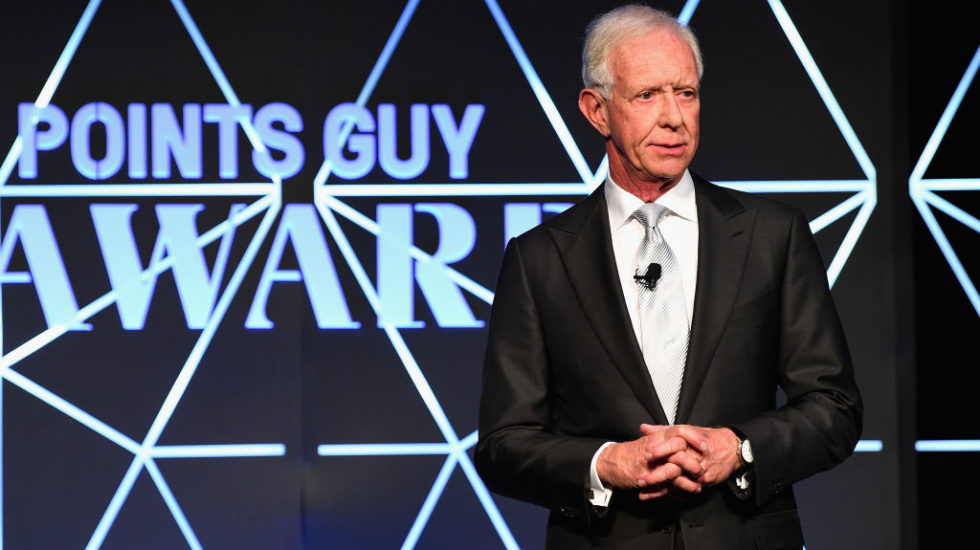Capt. Chesley “Sully” Sullenberger says the FAA’s handling of the deadly crashes of two Boeing 737 Max 8 jetliners in just five months has damaged the United States’ longstanding “credibility as leaders in aviation.”
Sullenberger is a retired airline pilot who famously landed his US Airways jet — an Airbus 320 — in the icy Hudson River off Manhattan in January 2009, after hitting a flock of geese and losing power in both engines. All 155 people on board the plane survived.
Writing on the MarketWatch website for the commentary series Barron’s Group Experts, Sullenberger says both Boeing and the FAA “have been found wanting” in an “ugly saga that began years ago but has come home to roost with two terrible fatal crashes.”
The 737 Max 8 jets went down off Indonesia last Ocober and in Ethiopia early this month in similar crashes shortly after takeoff. The two crashes killed a total of nearly 350 people. All 737 Max series jets are now grounded pending results of safety investigations.
Sullenberger calls the two crashes of a new airplane type (it went into service less than two years ago) “unprecedented in modern aviation history,” blaming both an insufficient FAA budget and a “too cozy” relationship between the agency and Boeing.
“For too many years,” Sullenberger writes, “the FAA has not been provided budgets sufficient to ensure appropriate oversight of a rapidly growing global aviation industry. Staffing has not been adequate for FAA employees to oversee much of the critically important work of validating and approving aircraft certification.”
As a result, he says, to save money the FAA has designated aircraft manufacturers themselves to certify that their planes are safe.
“This, of course, has created inherent conflicts of interest,” Sullenberger writes, yet “in too many cases, FAA employees who rightly called for stricter compliance with safety standards and more rigorous design choices have been overruled by FAA management, often under corporate or political pressure.”
As for Boeing, he says, it “has focused on trying to protect its product and defend its stance, but the best way, indeed the only way, to really protect one’s brand or product is to protect the people who use it. We must not forget that the basis of business, what makes business possible, is trust.”
“Let me be clear,” Sullenberger adds, “without effective leadership and support from political leaders in the administration, the FAA does not have sufficient independence to be able to do its job, which is to keep air travelers and crews safe. Oversight must mean accountability, or it means nothing.”



